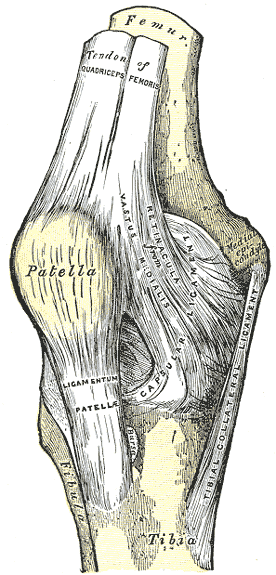Objective
The Knee Outcome Survey (KOS) is a patient-completed questionnaire that provides a percentage of disability during every day activities (activities of daily living subscale) or sports (sports activity subscale). The lower the percentage, the higher the disability.
Intended Population
The KOS is intended for a variety of knee disorders including meniscal tears, osteoarthritis and ACL tears.[1]
Method of Use
This is a self-report measure that is broken down into two categories (ADLs and sport activities) that rates perceived disability with 5 being “no difficulty” and 0 being “unable to perform”.[1]
Evidence
Reliability
The test-retest reliability coefficient (intraclass correlation coefficient[2,1]) was 0.97. These results suggest that the Activities of Daily Living Scale is a reliable, valid, and responsive instrument for the assessment of functional limitations that result from a wide variety of pathological disorders and impairments of the knee.[1]
Validity
Validity has been demonstrated by moderately strong correlations with concurrent measures of function, including the Lysholm Knee Scale (r = 0.78 to 0.86) and the global assessment of function as measured on a scale ranging from 0 to 100 points (r = 0.66 to 0.75).[1]
Responsiveness
Standardized effect size of the Activity of Daily Living Scale was 0.63, Guyatt responsiveness index was 1.4, area under the curve was 0.83 (95% confidence interval: 0.72, 0.94), and the minimum clinically important difference corresponded to an increase of 7.1 percentile points. Standardized effect size of the Numeric Pain Rating Scale was 0.72, Guyatt responsiveness index was 2.2, area under the curve was 0.80 (95% confidence interval: 0.70, 0.92), and the minimum clinically important difference corresponded to a decrease of 1.16 points.[2]
Resources
References

